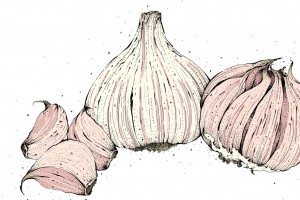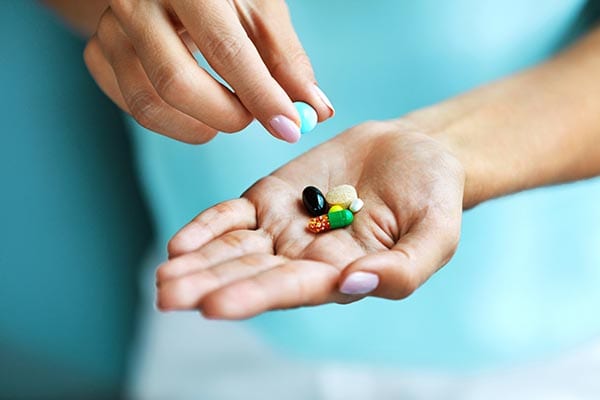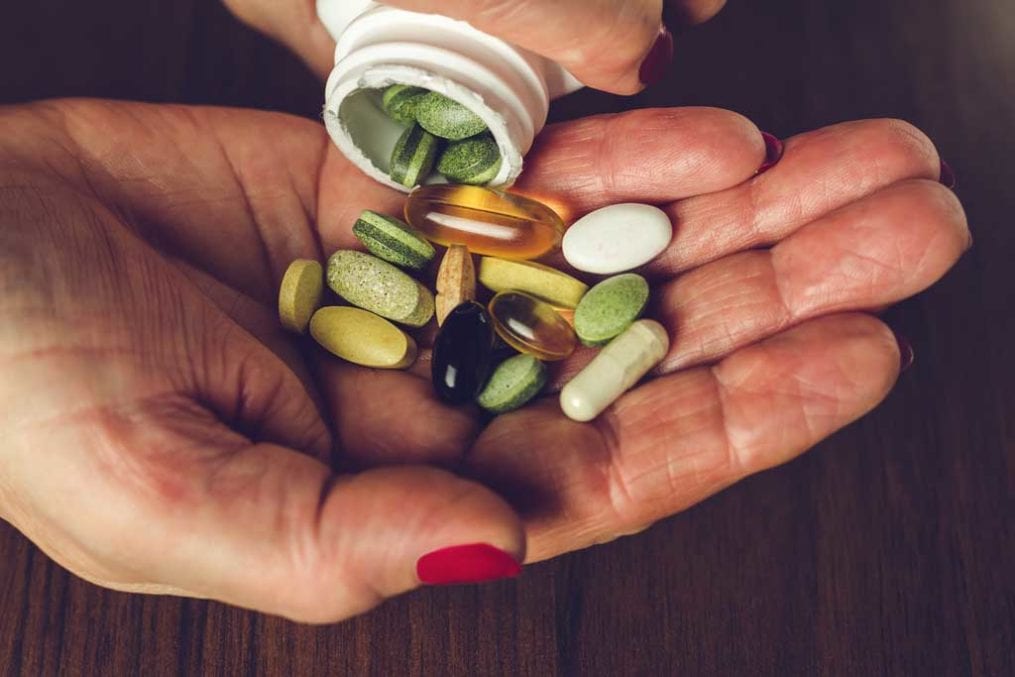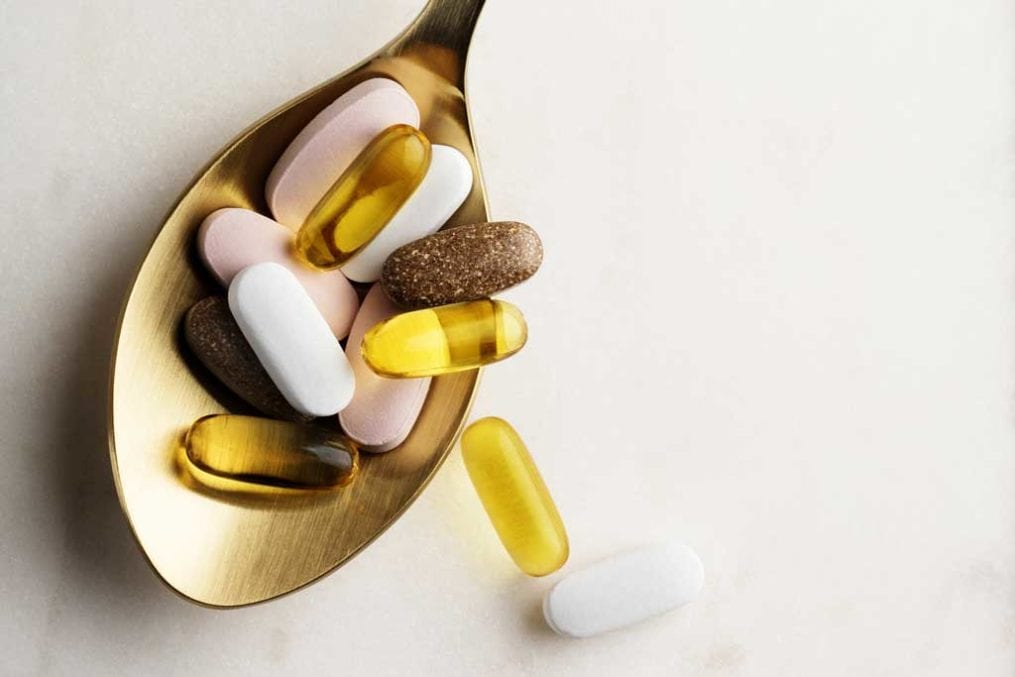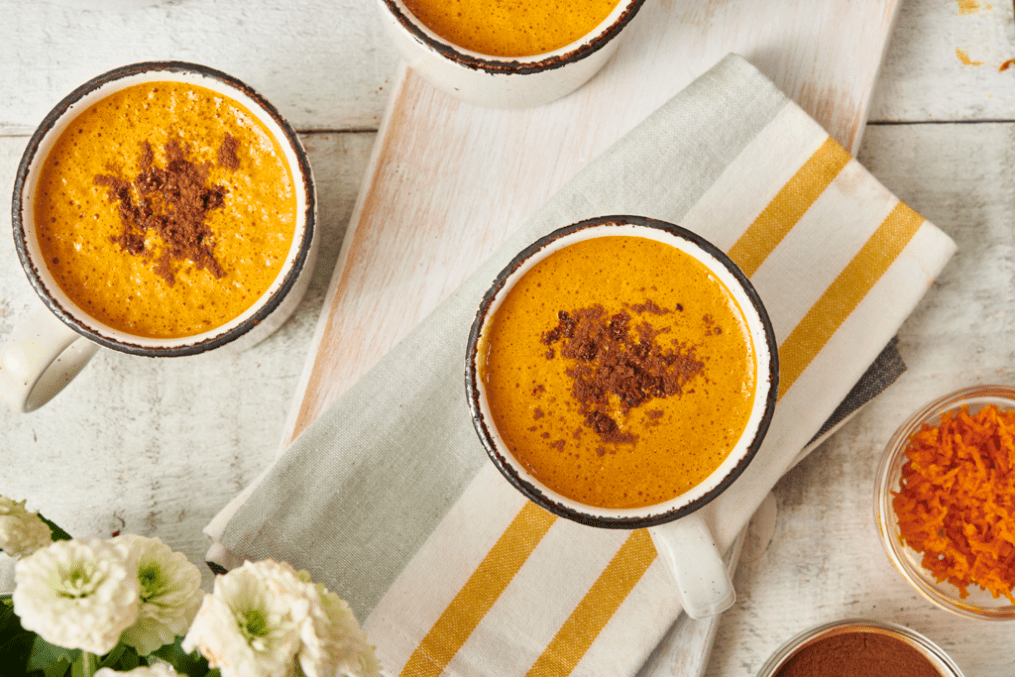What it does… garlic
What is it?
A member of the allium or onion family, garlic contains many active ingredients, the best known of which are the sulphur compounds, which give the bulb its characteristic odour. It’s also a source of immune-boosting vitamin C and selenium.
What does it do?
Protects arteries: In a four-year German study, a daily standardised garlic supplement reduced the formation of arterial plaque by up to 82 per cent. The effects were particularly noticeable in women.
Lowers cholesterol: A combination of 29 studies found that garlic can reduce cholesterol.
Lowers blood pressure: A meta-analysis of 11 studies of people with high blood pressure using garlic powder tablets daily concluded that the herb reduced blood pressure. The best effects were seen in those with the highest blood pressure to start with.
Prevents blood clots: Several of garlic’s organosulphur compounds produce a blood-thinning effect that can reduce the risk of blood clots. High-quality garlic powder supplements produced the best results.
Fights infection: Garlic’s antiviral, antifungal and antibacterial properties have been demonstrated by numerous studies. It enhances the immune system, enabling it to fight off colds
, flu and other germs.
When do I need it?
Get some garlic in your diet every day for optimum health.
How do I get it?
Eat: Raw or cooked. Top tip: leave it for 10 minutes after crushing or slicing to allow the allicin active compound to develop before cooking.
Take it: Supplements are available in capsules, tablets, freeze-dried and aged garlic extract; some have been deodourised to remove the risk of ‘garlic breath’. Look for the words ‘standarised extract’, as allicin is unstable and needs careful processing.
Be careful if…
Avoid if you are taking anti-coagulants or aspirin, and stop taking supplements before an operation.
